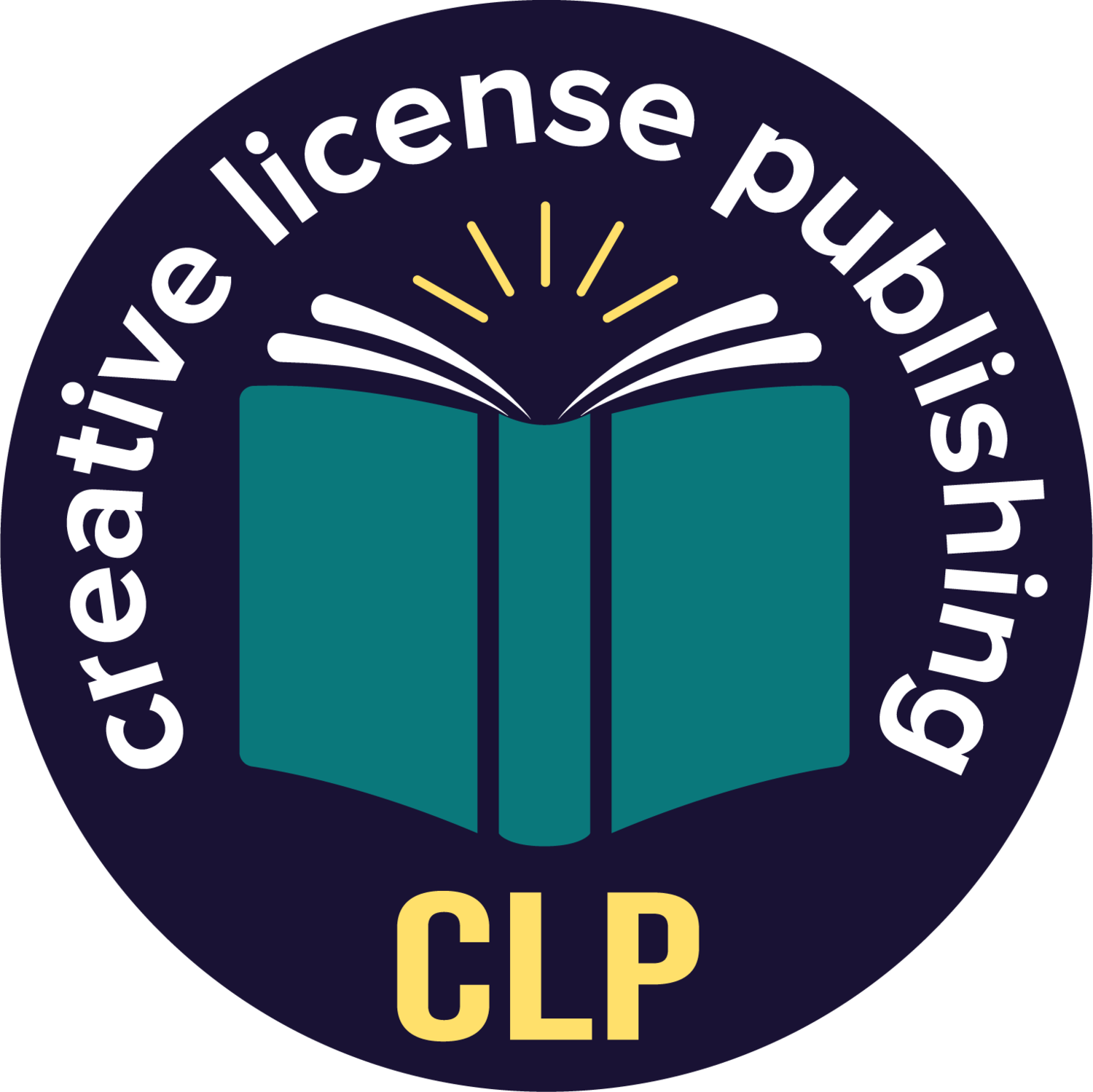Reviews: Are They Worth Reading?
Reviews: Are They Worth Reading?
Writers, I’m sure you’ve heard it said that you shouldn’t be in this business if you don’t have a thick skin when it comes to criticism. To some degree, this is true. I am a firm believer that positive and negative feedback has the potential to elevate your game, making it worth the look. However, it doesn’t mean that you should accept and absorb hurtful attacks on our work. So when my clients or fellow authors ask if they should ignore their book reviews, my response is, “The issue isn’t whether you should read critiques or not. It’s about how you approach the process.”
Let’s dissect. Suppose you click on Amazon, and your book has a 4.5-star rating. With this overall score, you will have mostly four to five stars with a smattering of 1, 2, and 3 stars. Here’s the conundrum: Do you read only the five stars and ignore the others to preserve your ego? Or, do you read all the comments, weathering the rude or unkind with a bottle of wine or carton of ice cream? My answer: Neither is a good strategy. As I said, it’s how you address them that matters. Below are my recommended steps:
1- Consider your mindset before you read.
First, don’t read your reviews on a day when you can’t emotionally handle it. Some days, you might be in a headspace that screams, “Bring it on!” Other times, you might crumble if someone loves the content but challenges the title. Know yourself, and only check reviews when you are ready to process them with an open mind.
Second, writing is a creative endeavor, which makes it subjective. I’ve had an ongoing argument with a dear friend about this very assertion, but I stand by my position. Two people can read the same book and have very different reactions. However, some books garner more positives than negatives and vice versa. But all will have some amount of each to varying degrees. There isn’t a book on this planet where every word is loved by every reader. Perfection in writing, like in life, is unattainable.
Therefore, step one is to know your mindset before you read comments about your book and accept that you will have both good and bad reactions to your writing at any given time.
2- Assign a value to each review.
Not all reviews are created equal. Obviously, the ones that praise are more enjoyable to read, but just like the contrasting negative opinions, it comes down to deciphering the helpful critiques from your mother’s prejudicial gushing praise to the mean-spirited commentary of another author. I call these reviews useless because they tend to go to extremes on either side and offer no concrete reasons or examples to justify their points. For example, saying, “This book was pure magic!” is just as unhelpful as saying, “This book was poorly written!” Of course, it’s nicer to hear the first one vs. the second, but it doesn’t change the fact that both are useless to you as an artist. You should want to hear why people like or dislike your work; only then will you have the opportunity to grow.
Therefore, as you peruse your feedback, decide which ones offer you nothing more than ego-boosting or destruction and let them leave your head as fast as they entered. Instead, dig for the ones that offer specific examples or statements.
3- Evaluate and analyze the “useful” reviews.
Once you’ve narrowed your reviews down to a group of helpful ones, consider the following:
A. Is this person my target reader? For example, if you wrote a book for young fathers, and you get excoriated by a female reviewer, then you didn’t write it for them, did you? Now, this fact may not be obvious based on the information the reviewer leaves, but sometimes, it’s apparent.
B. Is this person telling me something true? For example: Were they right that my transitions needed work or that my character development was lacking depth? If your answer is “yes” or “maybe,” then it’s something to consider for your next project, but DO NOT beat yourself up about it. See constructive criticism as a chance to improve as a writer. If, however, your answer is “no,” then you must accept that there will be a percentage of your readers who won’t interpret your work as intended and move on.
Like picking out your next read, when it comes to reviews, you must know how to decipher between the ones with merit and those who miss the mark. I recently read a post from a writer who said she was attacked by others in an open forum after she shared her work. Know this is never okay. Nastiness is not necessary, nor is it helpful. My armchair psychoanalysis says that those words say more about the giver than the receiver. If reviews don’t provide specifics or haven’t been presented as thoughtful assistance, they should be eliminated from your mind.
Essentially, read your reviews when you are in the right mindset, accept the useful criticism and file it for later, but do not give any cruel review the courtesy of living rent-free in your head. You need that space for ideas, motivation, and creativity!
Happy writing!

